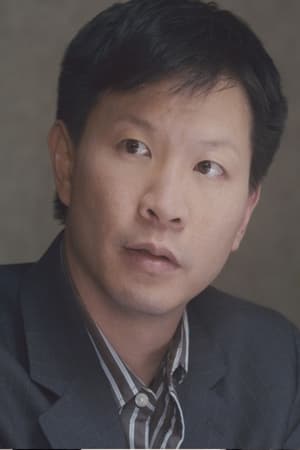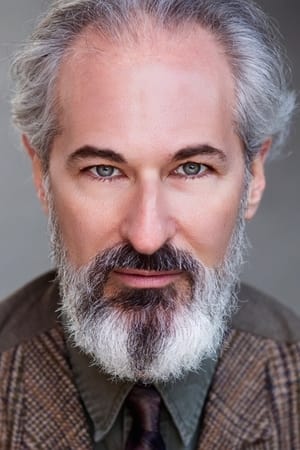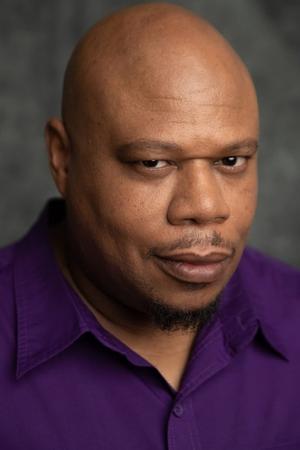⭐⭐⭐⭐⭐
Rating: 4.5 out of 5.There’s not a lot I can say about A Different Man without sounding exactly like one of the characters in the film itself. It’s a profound story about identity. However, this one dives deep under your skin and digs out that buried systemic awareness, making it feel as though every thought you could possibly have is spoken aloud. Even fleeting, reactionary thoughts are represented by passersby background characters, warning the audience through patterned metaphors of idyllic judgment.

The film masterfully foreshadows each character’s impact on the protagonist, Edward, leaving a lasting impression that lingers throughout its duration. I was completely hooked—whether by moments of genuine confusion or the horrifying realism that physically shook me in my seat as events unfolded. I found myself trying to imagine how someone’s mind could cope with an out-of-body experience as surreal as the one told in this story.

The uncanny, almost casual nature of each new character’s presence—how easily they communicate with Edward, a recluse afraid of what others might say—forces him into constant self-reflection. What if I’m the problem? Am I allowed to want? Am I okay to be here? The audience, too, struggles for breath between each new interaction. The dialogue flows like an endless waterfall of self-answered questions, assumptions, and demands, growing progressively more invasive and demeaning.
Imagine a story about your life, but each detail is meticulously “crafted” by an overarching “creator,” with someone whispering in their ear, But what if it was different? You can’t change your story because it’s no longer yours. You—both in an existential and physical sense—gave it away. It was picked up, revised, reformatted, and adapted for someone who could play you better. Could you watch someone else play you in a different life? Would you stay silent as your existence was constantly rewritten?

Sebastian Stan does an incredible job of internalizing these questions, bottling them up while only offering the audience a dark reminder: he is no longer in control, and it is too late to take it back. And even if he could—what would be the point? Some questions will never receive answers here, but frankly, the audience doesn’t need them.
The final scene solidifies this unsettling reflection. When Ingrid (Renate Reinsve) calls her original first play about Edward a “Piece of shit” and Oswald (Adam Pearson) calls our protagonist Edward instead of Guy, it locks in a moment of silent realization. As Oswald casually lets slip the very character dissociation Edward has been avoiding since his transformation, he adds, You haven’t changed a bit. His train of reminiscence breaks with a forced laugh—one that only he could truly understand.





































